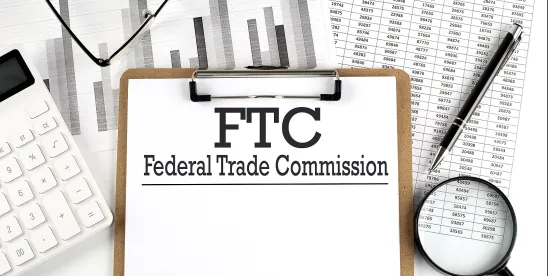Recently the FTC published a business blog about the marketing practices around solar and renewable energy vertical. While it is great guidance for those in that particular space, it’s also a really great general reminder of best practices when it comes to marketing. While this is not an exhaustive list, it’s a quick recap for those who missed it.
Be Truthful
This is pretty straight forward but some companies find themselves on the wrong side of truth in their advertising. Sure, you can get creative and puffery at times is acceptable but make sure you are walking the line and not crossing it. Be clear in your words about consumer expectations and then make sure you deliver on exactly what you said you would. If you are not offering the product or service as advertised, then you may have an issue.
Don’t Forget the Old With the New
Listen there are A LOT of rules these days. Many, many rules to know and follow. It can be overwhelming at times. While the new rules and regulations get all of the attention when they hit it is extremely important to not lose sight of the old existing rules and regs. Remember there is not always one rule book in play, often it’s many stacked upon each other and coming from every angle depending on the space you are in. FTC, FCC, CFPB, TSR, CMS, Consumer Protection and State Laws just to name a few.
Imposter Not Welcomed
The FTC finalized Impersonation Rules earlier this year giving the FTC the avenue needed to take enforcement actions against businesses that misrepresent themselves and help return money to the consumers that were affected. The FTC encourages consumers and businesses to report this type of behavior. Here is some guidance on what you want to avoid from the FTC:
- Use government seals or business logos when communicating with consumers by mail or online.
- Spoof government and business emails and web addresses, including spoofing “.gov” email addresses or using lookalike email addresses or websites that rely on misspellings of a company’s name.
- Falsely imply government or business affiliation by using terms that are known to be affiliated with a government agency or business (e.g., stating “I’m calling from the Clerk’s Office” to falsely imply affiliation with a court of law).




 />i
/>i
